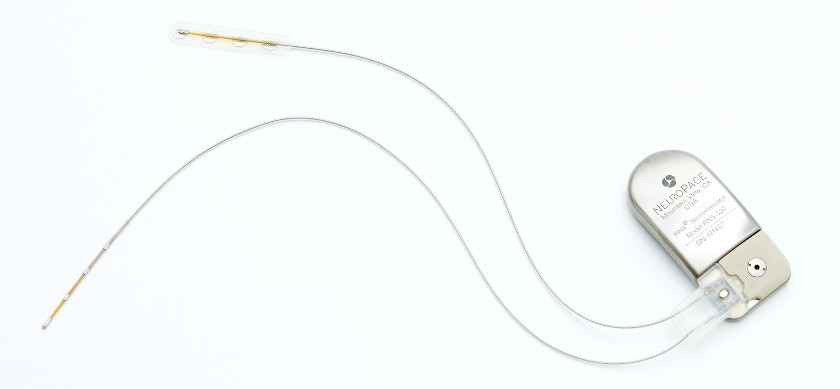
Data from new research illustrating potential for the RNS System to identify objective biomarkers in the brain were also presented. Both developments were shared at the American Academy of Neurology (AAN) 2019 Annual Meeting in Philadelphia this week.
The company’s groundbreaking Long-Term Treatment Study of the RNS System is the largest and longest prospective neuromodulation study in the field of epilepsy, with 256 patients across 33 epilepsy centers prospectively analyzed for nine years. The study showed that treatment with the RNS System resulted in significant seizure reduction and improved quality of life for patients, including improved memory and cognition. Median seizure reduction across all patients in the study (who had drug-resistant epilepsy and a median of 10 seizures per month) was 75% at nine years. Results of the study were previously shared at the American Epilepsy Society Annual Meeting in December 2018.
“These nine-year results demonstrate compelling long-term seizure reduction in patients treated with the RNS System,” said Dileep Nair, M.D., a paid consultant to NeuroPace, principal investigator of the study and section head of adult epilepsy at the Neurological Institute at Cleveland Clinic. “Through the body of information provided by RNS System, we are gaining a better understanding of the human brain – both generally, and on an individual level. It is exciting to consider how this knowledge might be used to improve the treatment of brain disorders.”
An additional presentation on new research evaluating the RNS System’s ability to detect mesiotemporal lobe epilepsy (MTL) patients’ treatment response was given by Sharanya Arcot Desai, Ph.D., senior research scientist at NeuroPace. The retrospective analysis used machine and deep learning algorithms to demonstrate that ECoG data can reliably differentiate responders from non-responders, signaling the technology’s potential to uncover additional biomarkers in the brain.
“Electrographic data captured by the RNS System is the single largest collection of ambulatory brain recordings in the world,” said NeuroPace Chief Medical Officer Martha Morrell. “It will undoubtedly expand our understanding of the human brain and epilepsy. With the use of advanced analytical techniques, the RNS System provides a window into the location, frequency, and triggers of an individual’s seizures. These insights have the potential to lead to the treatment of other brain disorders that affect millions of people worldwide.”
As the only FDA-approved medical device that uses brain-computer interface technology for epilepsy, the RNS System offers an advanced treatment option for patients with refractory focal seizures. Neural data from the RNS System provides information that helps clinicians better understand an individual’s seizures, allowing them to personalize care and empowering patients to better manage their condition. Using artificial intelligence and machine learning, NeuroPace scientists are analyzing millions of electrocorticographic recordings to develop algorithms to help optimize and individualize patient care.
Source: Company Press Release



